1406 kilometers separate Prague and Kiev, but the echoes of the war in Ukraine are clearly heard in the Czech presidential election campaign, which will come to an end this weekend.
Two candidates reached the second and decisive round of voting:
Andrey Babish, 68, former prime minister, businessman, billionaire, founder and leader of the populist center-right party "Ano 2011" (in Hebrew - Yes 2011, the party's founding year), which was officially designed to fight corruption and "the other weaknesses of the political system" in 'Kia.
Babish, whose tenure as prime minister was accompanied by accusations of corruption and mass demonstrations, is considered an ally of the outgoing president, Milos Zeman, who refused to hoist the EU flag on his palace because of his strong criticism of this body.
Babish did not hesitate to expel dozens of Russian diplomats and spies from the Czech Republic as a response to Moscow's involvement in the explosion of two ammunition depots, which shocked the Czech Republic in 2014.
Among the corruption cases attributed to him were allegations of fraud and promotion of business interests in funds transferred to the Czech Republic from the European Union.
At the beginning of the month, Abish was acquitted of all charges in this case.
Petr Pavel, 61, former chief of staff of the Czech army and former chairman of the NATO Military Commission - a senior military advisory body of the transatlantic military alliance. Pavel, a former paratrooper and member of the Communist Party under the Communist regime of the Czech Republic Because he began his political career in the midst of the Corona epidemic, when he founded an organization called "Stronger Together" in order to help raise donations for the Czech health system and prepare the Czech Republic to face future national crises. Powell, who publicly expressed regret for his membership in the party in the 1980s The Communist Party, is running as an independent candidate, but he is officially supported by a coalition of conservative-liberal centrist parties.
Although on the eve of the first round of presidential elections, Babish's chances of entering the presidential palace in Zaman's place seemed to be the best and almost guaranteed, even his acquittal in the fraud trial did not match his acquittal at the polls.
The "black horse" of the elections, the army man Powell overtook him and came first among eight contestants, enjoying a slight advantage over the former prime minister - 35.4% voted for him, 34.99% for Babish. Public opinion polls conducted this week predict a victory Powell is clear, despite his uncharismatic personality. If Powell does win the presidential elections, he will be the third military man to head a democratic European country after Charles de Gaulle in France and Franjo Tudjman in Croatia. However, the Czech Republic already had a military president, under the regime The communist: Ludwik Svoboda, who fought in both world wars and is considered a national hero, served as president between 1968-1975.
Former Czech Prime Minister Andrej Babis, photo: Reuters
Two opposing worldviews are confronting each other in the presidential elections of the Central European country, which was once a stronghold of the USSR and paid a heavy price for its attempt to break away from Moscow in the "Prague Spring" in 1968: Powell presents an absolute commitment to Western military support for Ukraine. On the other hand, posters Babish's campaign states: "I will not drag the Czech Republic into war, I am a diplomat, not a soldier." The gap between the two candidates was reflected in the televised confrontation between them, held on Sunday, to which Babish reluctantly attended. When the two candidates were asked if they would agree to send military forces Czechs to protect Poland and the Baltic states - NATO members, such as the Czech Republic - if they are attacked by Russia, Powell answered explicitly: "As members of this alliance we can not only benefit from the collective security framework it provides, but also give something.
We are obliged to participate in collective defense if another member of the alliance is attacked." Babish, for his part, answered: "Absolutely not.
I want peace,
Not war.
I will not send our children to war.
The main thing is to prevent war."
Babish's words, which are in complete contradiction to Article 5 of the NATO treaty, which speaks of the obligation to stand by a member of the alliance that is under attack, provoked great anger in the Czech Republic, Poland and the Baltic states. So much so, that the day after the confrontation, Babish had to retract his words, and claim that he had not been understood. "Imagine the scandal that would have been caused if Babis had said this as president, we cannot afford such chaos," Pavel hastened to tweet. Between the choice of peace or war, the old resentment of the Czechs towards the Russian occupiers seems to have a greater influence on the voters' intentions.
Peter Powell visited Israel as part of his role in NATO in 2017 and was the guest of the then Deputy Chief of Staff, Yair Golan.
There is no information about his views regarding Israel, but officials in Jerusalem do not foresee a major change in Prague's friendly attitude towards the Jewish state.
It is doubtful whether the next president of the Czech Republic will be as committed to Israel as the outgoing president, Zaman, was.
In the last days of his term, he tried to fulfill his promise to move his country's embassy to Jerusalem.
However, this will not be possible, as Prague does not wish to put the European Union on its side now.
The war in Ukraine comes first.
were we wrong
We will fix it!
If you found an error in the article, we would appreciate it if you shared it with us

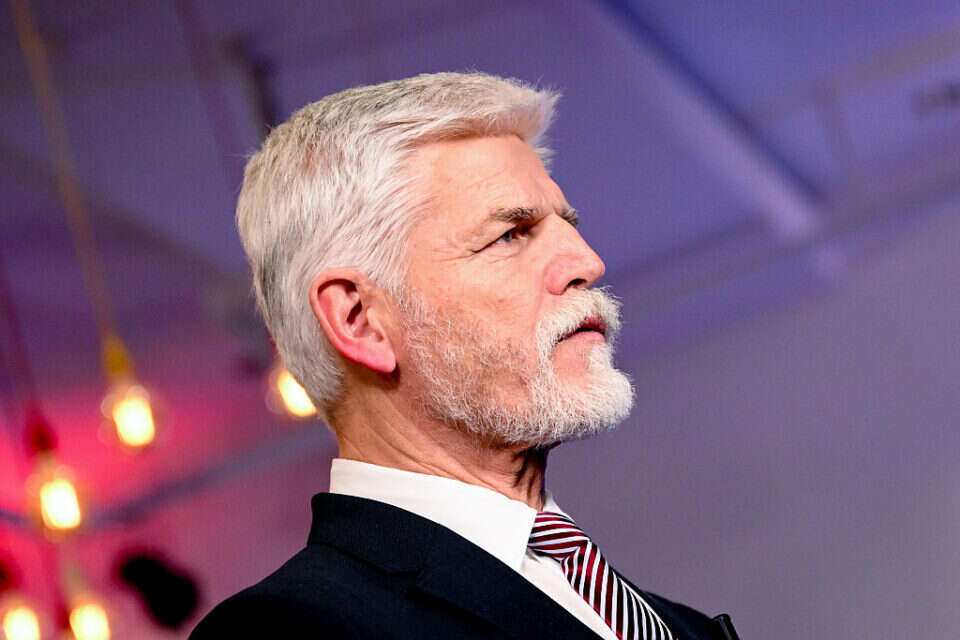
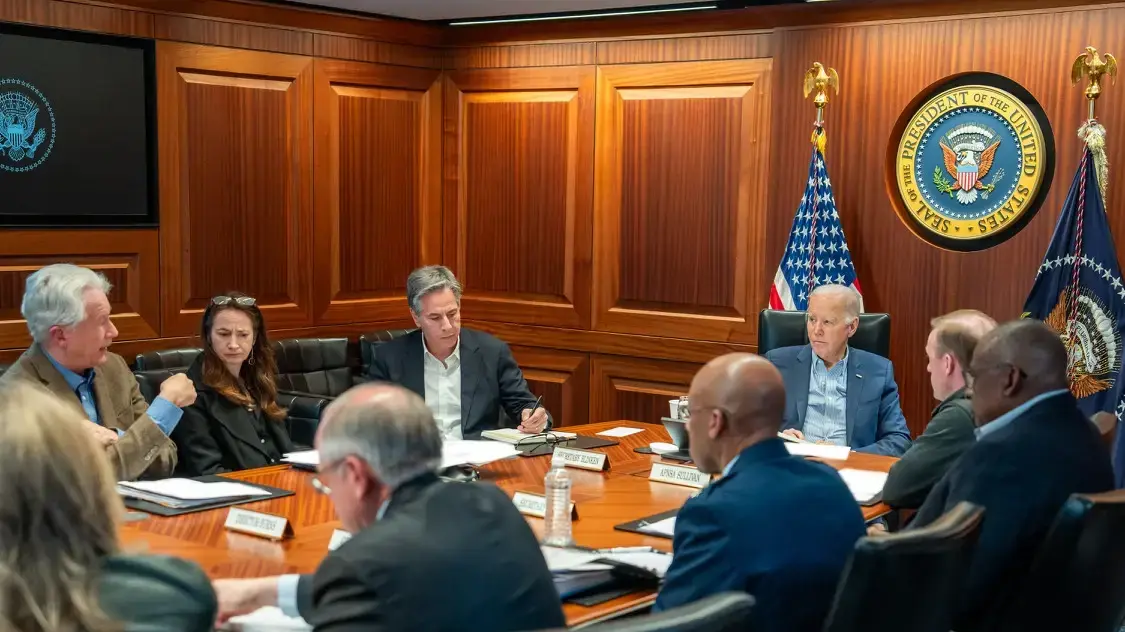
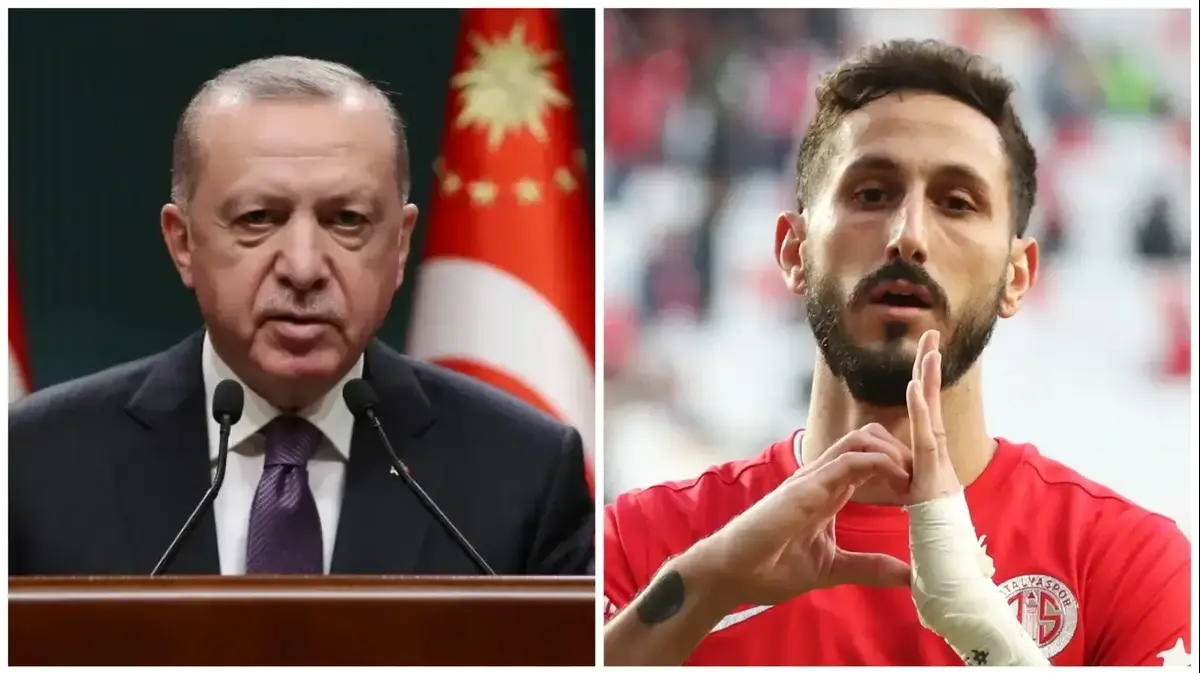

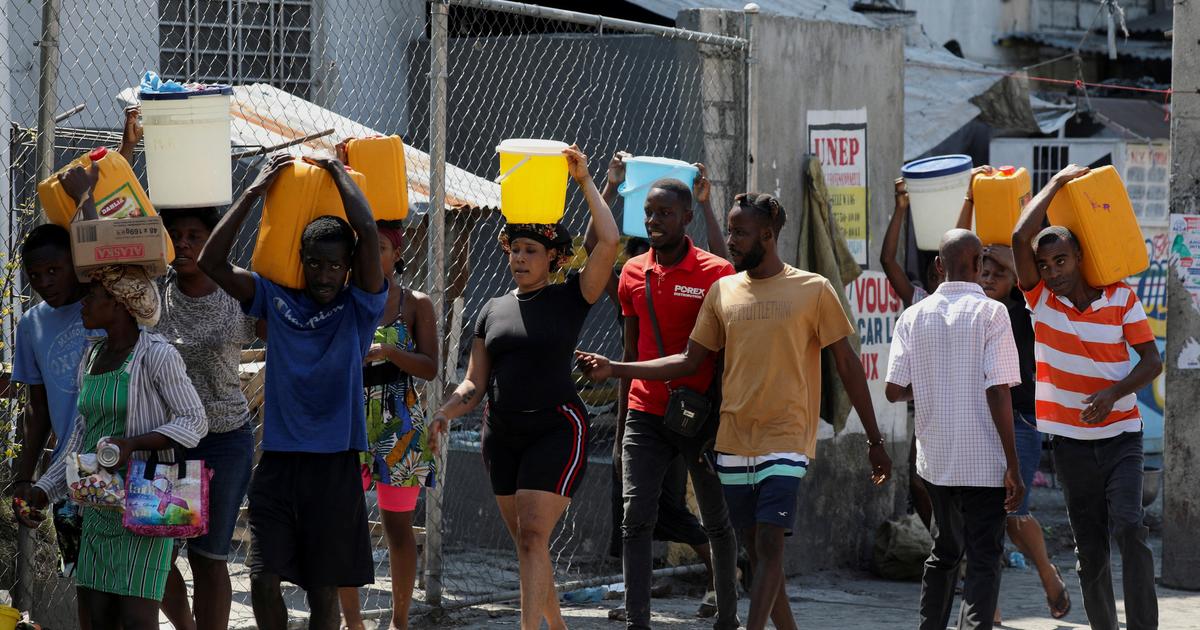


/cloudfront-eu-central-1.images.arcpublishing.com/prisa/FJW7H6PZHVELPBAMBVW6JP5ET4.jpg)
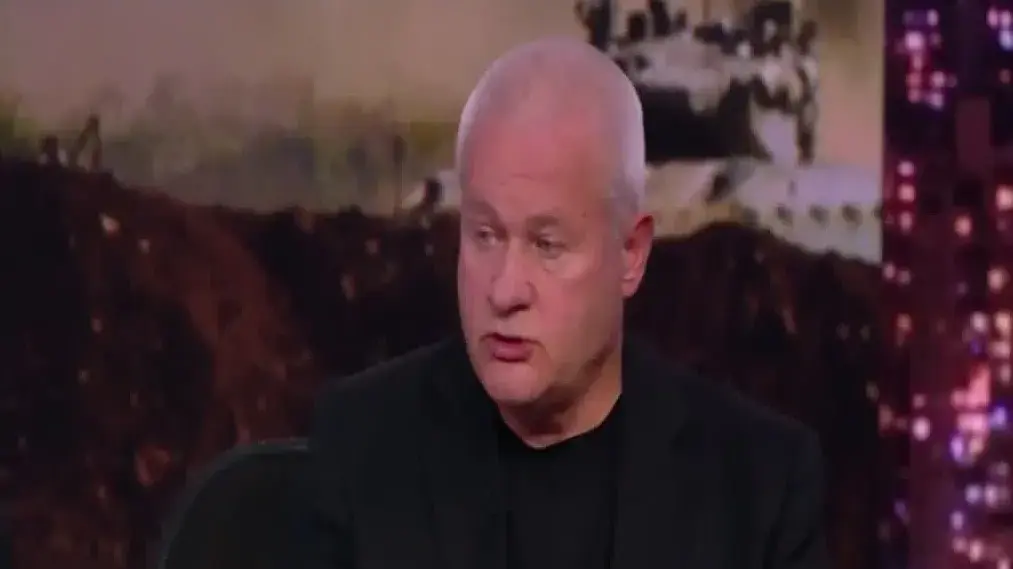
/cloudfront-eu-central-1.images.arcpublishing.com/prisa/2C5HI6YHNFHDLJSBNWHOIAS2AE.jpeg)



